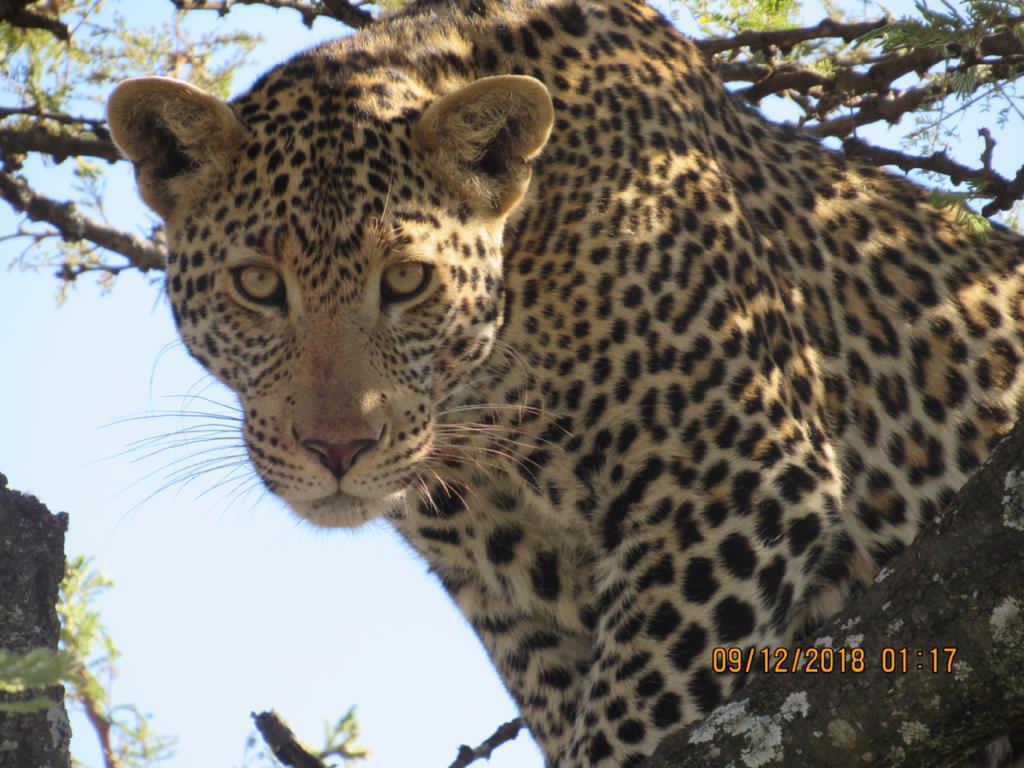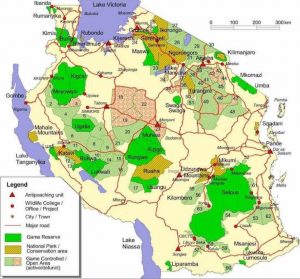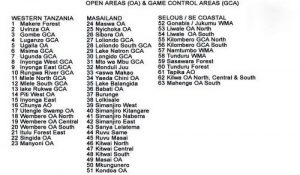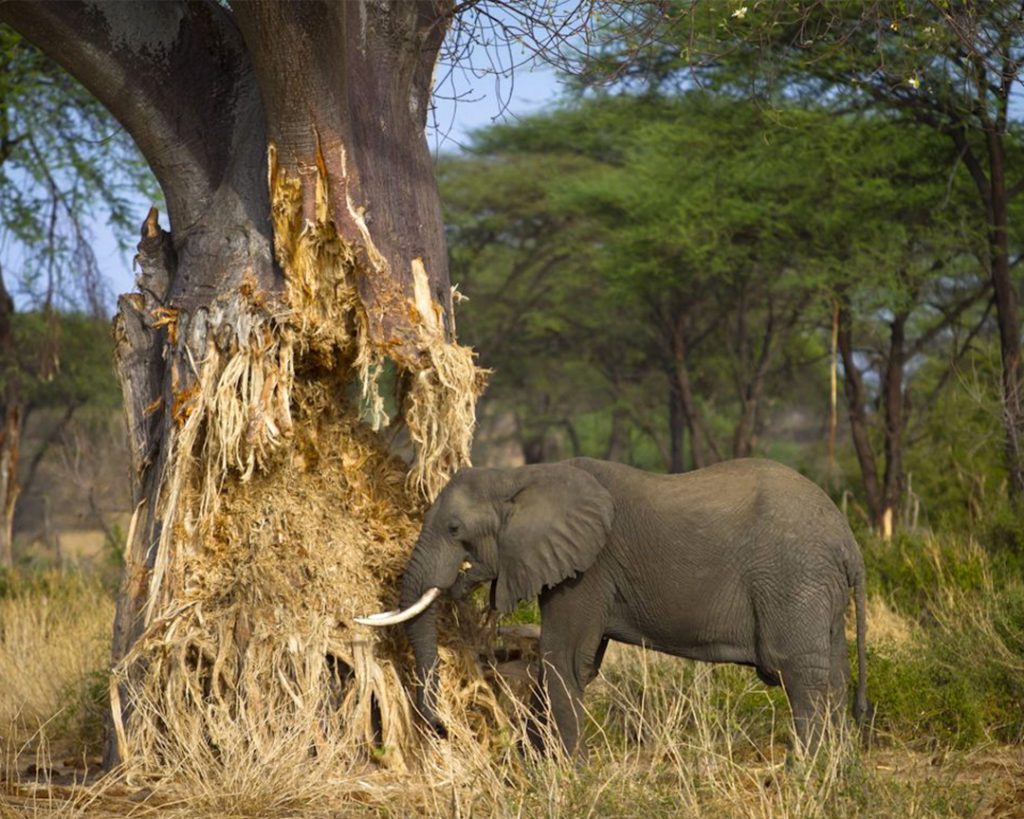Tanzania is Africa’s premier hunting safari destination for international tourists. It has one of the largest population of big game in Africa and a greater variety of wildlife than most other countries in the world. Hunting is part of Tanzania’s wildlife conservation strategy and a requirement for its long-term survival.
Tanzania is traditionally renowned for its exceptional hunting and excellent trophy quality.
For decades until today, hunting safaris are being organized in protected areas such as game reserves and game controlled areas by licensed hunting companies. Tanzania Wildlife management Authority (TAWA) is regulating and controlling all activities related to hunting.
Hunting in Tanzania contributes significantly to the conservation of wildlife and the improvement of community livelihood. The revenue generated form trophy hunting direct support the effort of Tanzania wildlife management authority ( TAWA ) to manage the whole spectrum of wildlife (game and non game species ) in 28Games Reserves, 43 Game Controlled Areas, Open areas, and 4 Ramsar Sites.
Local communities receive 25% of the revenue accrued as a game fees, TAWAA also manage the forma Selous Game Reserve, the largest Wildlife reserve in the world and also a World Heritage Site.
Apart from trophy hunting experience, Tanzania offers a unique opportunity to visit the most outstanding spectacular attractions in the word. The world famous Serengeti National Park, Mount Kilimanjaro ( the highest free standing mount in the Africa), Ngorongoro Crater include the remains of the earliest humans at Olduvai Gorge, the beautiful islands of Zanzibar with the historic of Stone Town, which is also a World Heritage Site.




